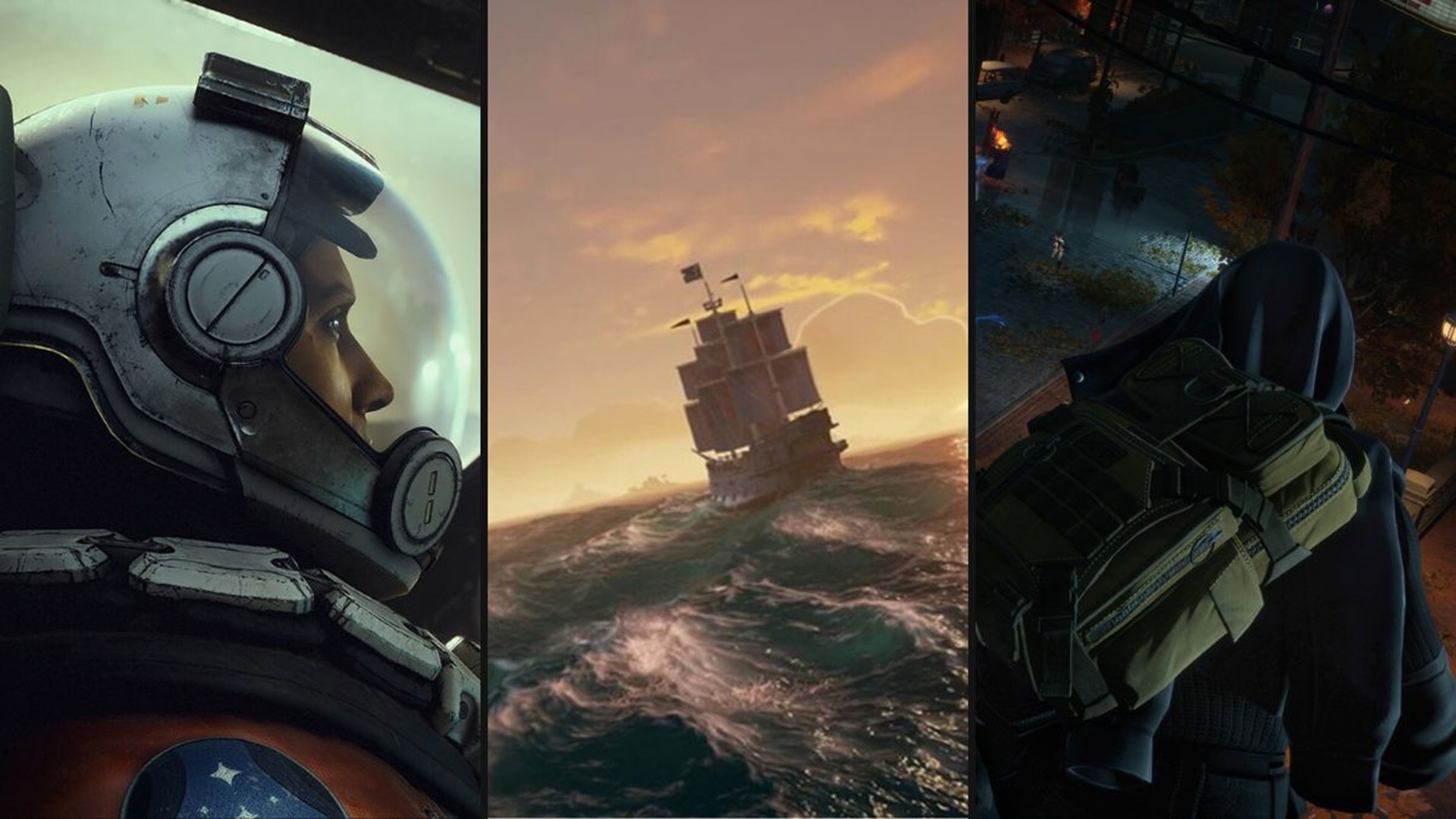Microsoft might be playing catch up to Sony and Nintendo in terms of console sales, but there's one area that the tech giant is miles ahead of the competition: subscriptions.
For the past few years, the Xbox Game Pass has slowly inched its way to to the very top of the video game subscription arena, firmly establishing itself as the best in the industry. But, with there only being so many people that can subscribe to Game Pass, it's only fair to wonder if Microsoft is thinking of expanding the subscription service to other platforms, namely, PlayStation and Nintendo. Unfortunately, recent statements from a certain top executive at Xbox have made it clear: Xbox Game Pass is not coming to rival platforms anytime soon.
Phil Spencer, the CEO of Microsoft Gaming, addressed the rumors head-on in a recent interview with Windows Central. His comments came in the wake of statements made by Xbox CFO Tim Stuart at the Wells Fargo TMT Summit. Stuart had suggested that Microsoft's mission included bringing their subscription services and first-party experiences to all platforms capable of playing games, explicitly mentioning competitors like PlayStation and Nintendo. This remark triggered widespread speculation about the possibility of Game Pass expanding beyond its current ecosystem.

